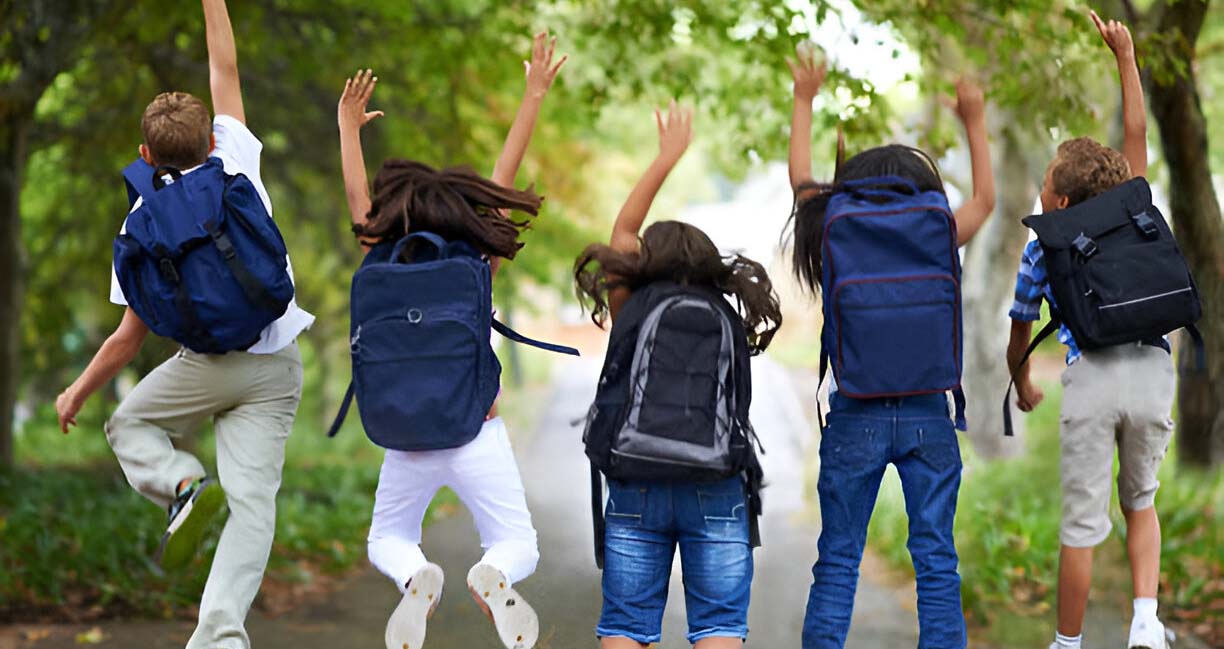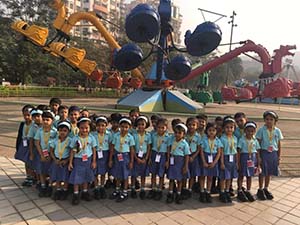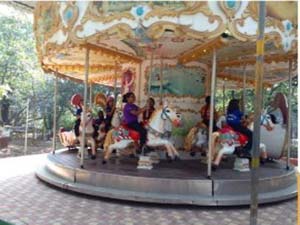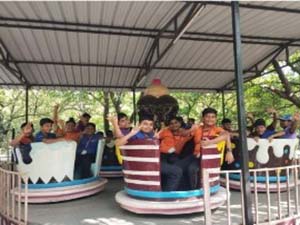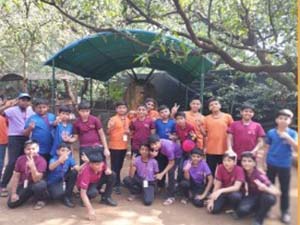Excursions, or educational trips, play a significant role in enhancing the learning experience for students. These activities extend beyond traditional classroom teaching and offer numerous benefits, making them an essential part of the educational process. Here’s why excursions are important in schools:
Real-World Learning
- Application of Knowledge: Excursions provide opportunities for students to apply what they’ve learned in the classroom to real-world contexts. For example, visiting a historical site helps students understand history more tangibly than through textbooks alone.
- Experiential Learning: Hands-on experiences help reinforce concepts. For instance, a trip to a science museum allows students to see scientific principles in action, making learning more dynamic and memorable.
Enhanced Engagement and Motivation
- Break from Routine: A change of environment can increase student interest and motivation. Stepping outside the classroom helps refresh their minds and encourages a different style of learning.
- Interactive Learning: Field trips often involve interactive activities, such as guided tours or experiments, which actively engage students and make learning more enjoyable.
Development of Social Skills
- Teamwork and Collaboration: Excursions often require students to work in groups, fostering teamwork and collaboration. They learn to communicate, solve problems, and make decisions together.
- Improved Peer Relationships: Spending time together outside the traditional school setting helps strengthen relationships among students and between students and teachers.
Exposure to New Environments and Cultures
- Broadening Perspectives: By visiting different places—such as museums, cultural sites, farms, or businesses—students gain exposure to various industries, lifestyles, and cultures, broadening their understanding of the world.
- Increased Cultural Awareness: Educational trips to culturally significant sites can help students appreciate diversity and develop a greater respect for different communities and traditions.
Improving Critical Thinking and Problem-Solving Skills
- Broadening Perspectives: By visiting different places—such as museums, cultural sites, farms, or businesses—students gain exposure to various industries, lifestyles, and cultures, broadening their understanding of the world.
- Observation and Analysis: When students visit new places, they are encouraged to observe and ask questions, stimulating critical thinking
